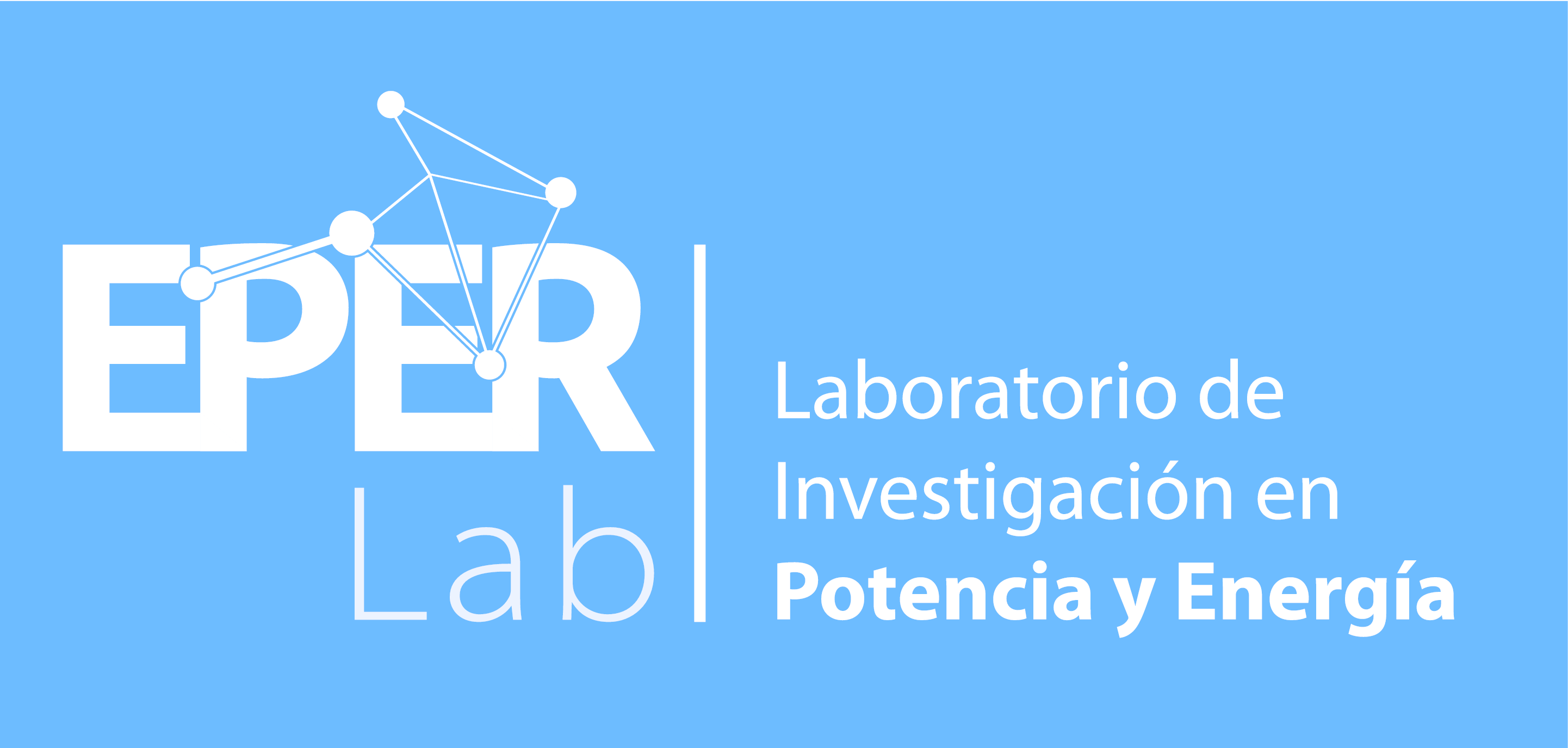R & D
The researchers in the EPERLab work in a range of topics, all related to electric power and energy. The EPERLab's research interests focus (but not limited to) on the following broad areas of electrical engineering:
-
Electricity networks
-
Smart Grids
-
Electrical energy
-
Distributed generation
-
Electric vehicles
-
Storage systems
-
Generation, transmission and distribution
-
Integration of systems
-
Software development and tools for engineers
In more detail, the EPERLab analyzes, investigates and evaluates several aspects associated with the electricity system, including the effects caused by the penetration of low carbon technologies in the distribution networks. The following are some of the research, consultancy and development areas of the EPERLab:
-
Modeling of transmission and distribution networks
-
Integration of Geographical Information Systems (GIS) with power flow simulators
-
Integration of solar information into GIS platforms
-
Software development for the identification and automatic correction of errors in GIS data of distribution networks
-
Software integration for efficient distribution network analysis
-
Software development for the visualization of power flow results in distribution networks
-
Optimal placement of monitors in distribution networks
-
State estimation and load allocation in distribution networks
-
Impact analysis and integration of new technologies in distribution networks (distributed generation, electric vehicles, storage, etc.)
-
Development of algorithms for voltage and thermal management without and with new technologies
-
Economic and environmental assessment of the new technologies integration
-
Optimal location of electric vehicle's fast charging stations
-
Short circuit and protection coordination studies
-
Losses estimation in distribution networks using simulation tools
-
Load profiling for residential, commercial and industrial demand
-
Expansion, planning and operational studies y transmission and distribution networks
-
Generation estimation of intermittent distributed generation (wind and solar)
-
Optimization of distribution networks
-
Volt/Var control in distribution networks
-
Assessment of the effects of communication systems in the management of distribution networks (co-simulation)
-
Power quality improvement (reduction of flicker harmonics, voltage variations)
-
Harmonic power flows in distribution networks without and with new technologies
-
Unbalance assessment in distribution networks
-
Pole Line Hardware specifications
-
Techno-economic assessment of inefficient equipment substitution in electricity systems
-
Formulation of indices for operational efficiency in generation, transmission and distribution
-
Data analysis of smart metering data
-
Integration of smart metering data into GIS platforms
-
CVR studies and demand response in smart grids
